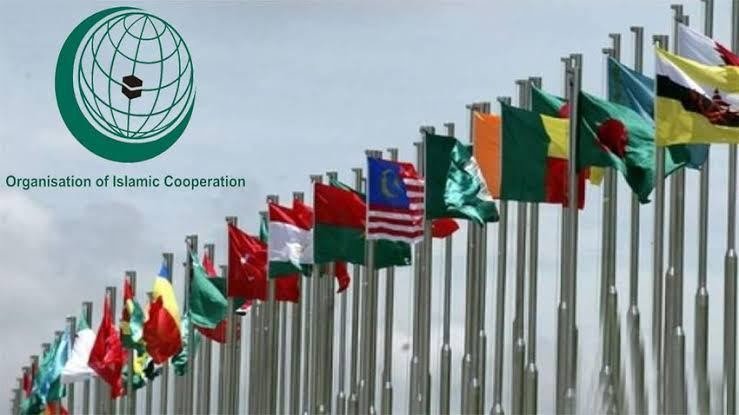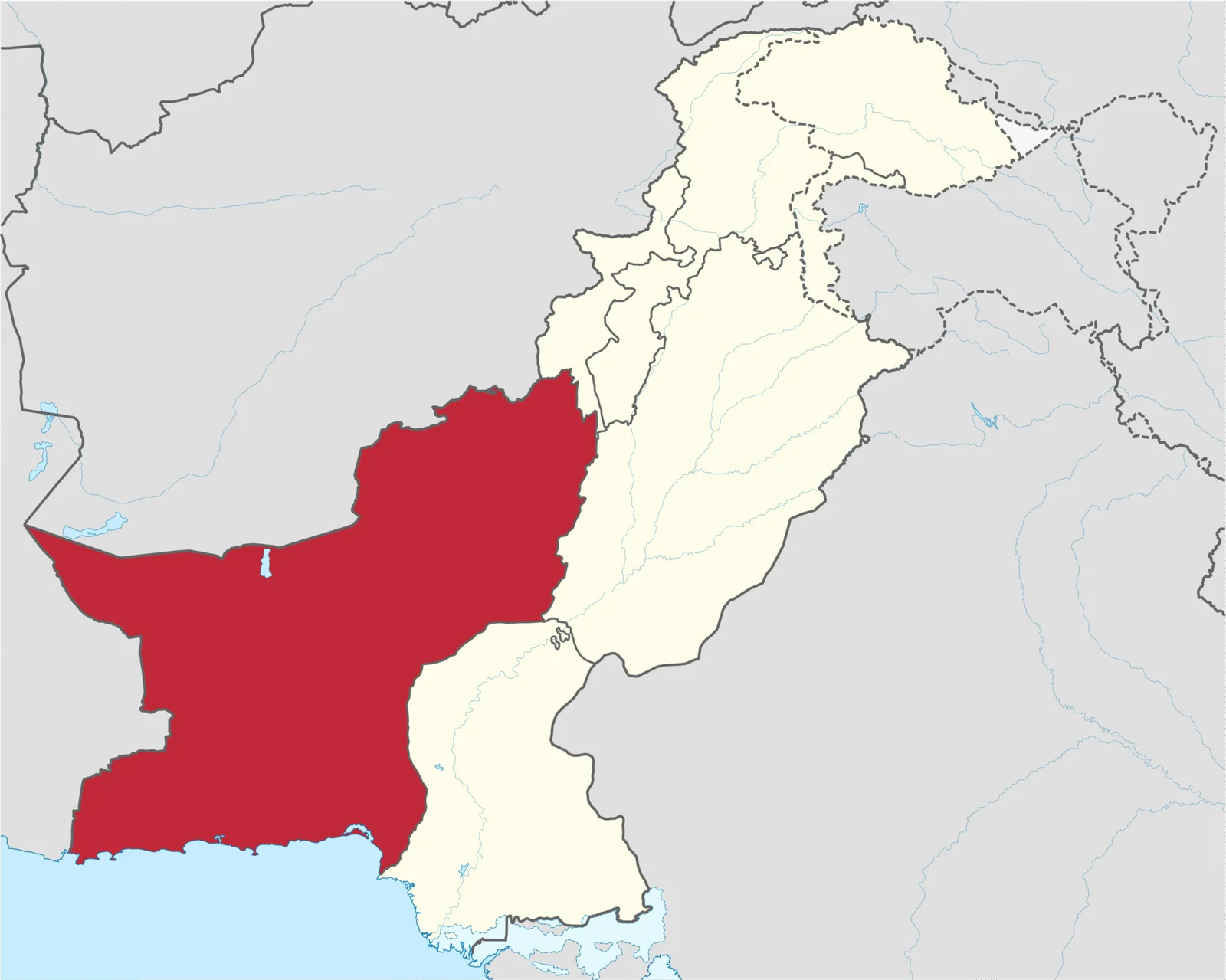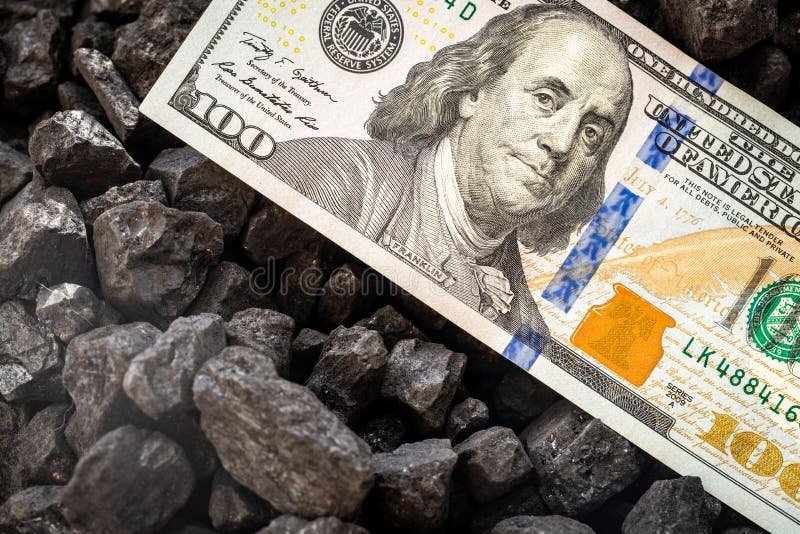Editorial
The federal government recently announced a reduction in petrol, diesel, kerosene, and light diesel oil prices for the upcoming fortnight. 6.17 rupees per litre have slashed petrol prices, while high-speed diesel, kerosene, and light diesel oil have seen cuts of 10.86, 6.32, and 5.72 rupees per litre, respectively, effective from 1 August. This decision comes in response to the decreasing international oil prices while keeping the petroleum levy unchanged at 60 rupees per litre for petrol and high-speed diesel.
However, the horizon is not entirely clear. There are concerns over a potential price hike in the next fortnight commencing on 16 August, following a nearly 3 per cent increase in international oil prices. The recent escalation of the Middle East conflict, with tensions heightened after the assassination of notable figures, has investors on edge, fearing a further spike in oil prices.
The public’s discontent is palpable, fueled by persistently high inflation rates. This mounting pressure is pushing the government to consider tax reductions as a means of providing relief. The disparity between different socioeconomic groups continues to widen, with the majority of the working population experiencing stagnant income growth compared to the rising inflation rates.
Pl subscribe to the channel of republicpolicy.com
The government’s efforts to raise income tax rates on salaried individuals have sparked concerns and drawn mixed reactions. These measures are met with resistance from various segments of the population, including protests led by Jamaat-i-Islami against administrative measures such as increases in electricity tariffs aimed at achieving full cost recovery.
While many analysts agree that the government had little choice but to pass on the decline in oil prices to the public, doubts linger as to whether this reduction will translate to lower transportation costs. Critics of the incumbent government advocate for slashing petroleum levies and reducing taxes on electricity to alleviate the burden on the general public.
In light of this situation, calls for a fair and equitable tax structure have intensified, emphasizing the heavy reliance on indirect taxes that disproportionately affect the less affluent. The Finance Bill 2024 has been criticized for its lack of meaningful attempts to reform the tax structure, prompting calls for the government to reconsider its expenditure and tax policies to address the growing economic hardships the public faces.
















